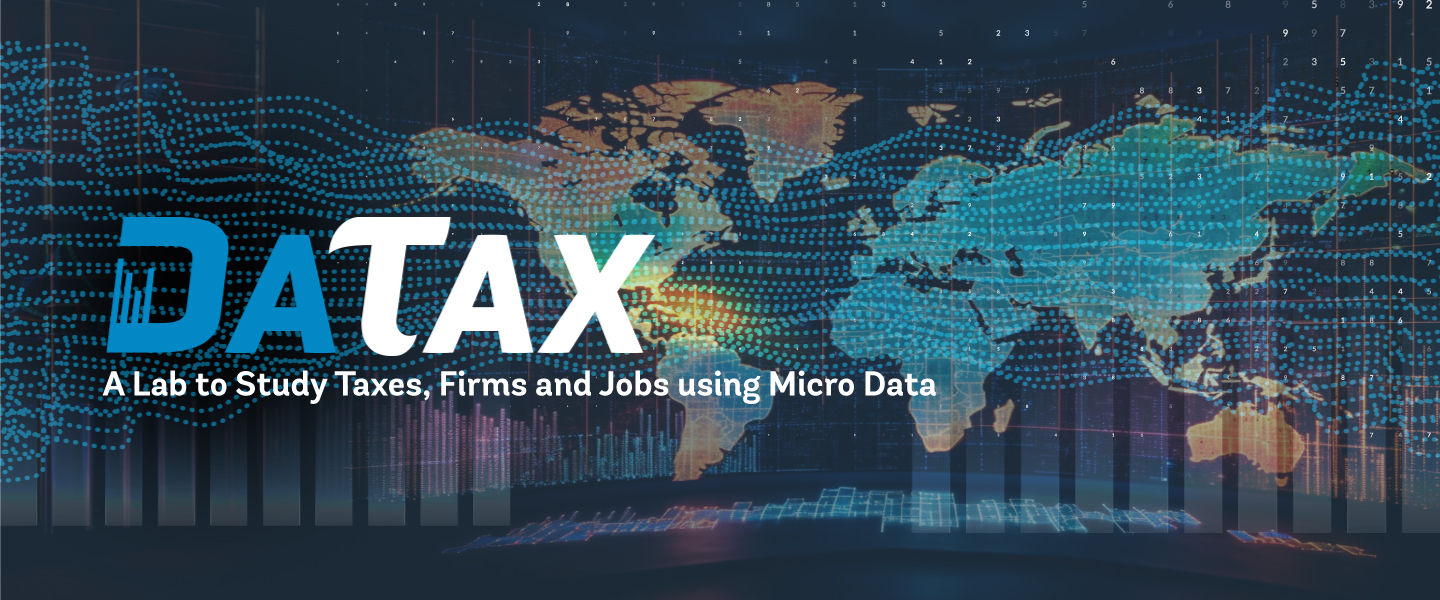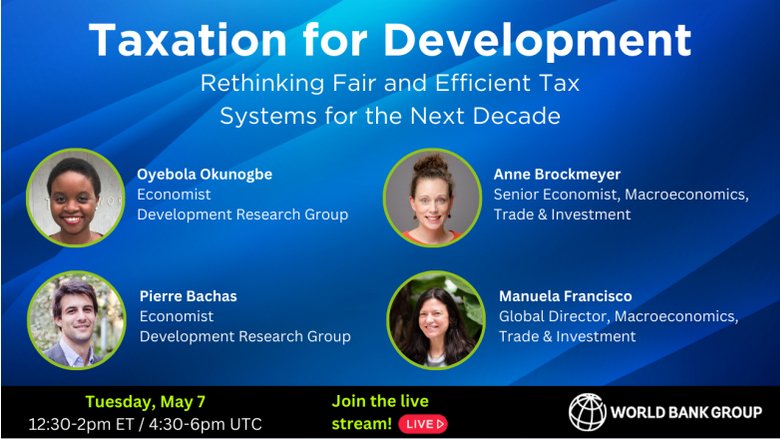Micro tax data are a huge treasure trove as they can help shed light on many important policy questions in the areas of taxation, firm dynamics, trade, and labor markets. The World Bank stands out with unparalleled access to administrative tax records, including corporate tax records, value-added tax records, property registers, firm-to-firm transaction records and transaction-level trade data, in a large set of countries with diverse income levels and institutional structures. Through a combination of micro evidence—on the behavior of taxpayers, firms, workers, and consumers—and macro evidence, DaTax studies macroeconomic outcomes and cross-country patterns across stages of development.
Examples of the questions DaTax addresses include:
How does the distributional impact of tax systems change as economies develop?
How does the nature of firm dynamics change as economies grow, and what implications does this have for aggregate output?
How do labor market dynamics link to different labor market institutions?
DaTax also serves as a platform for developing skills in working with micro administrative data to improve policy design. We offer training for government officials in partner countries as well as for World Bank staff. Additionally, we contribute to knowledge sharing by developing codes and training materials as public goods.
DaTax is a collaboration between the operational and research departments of the World Bank.









